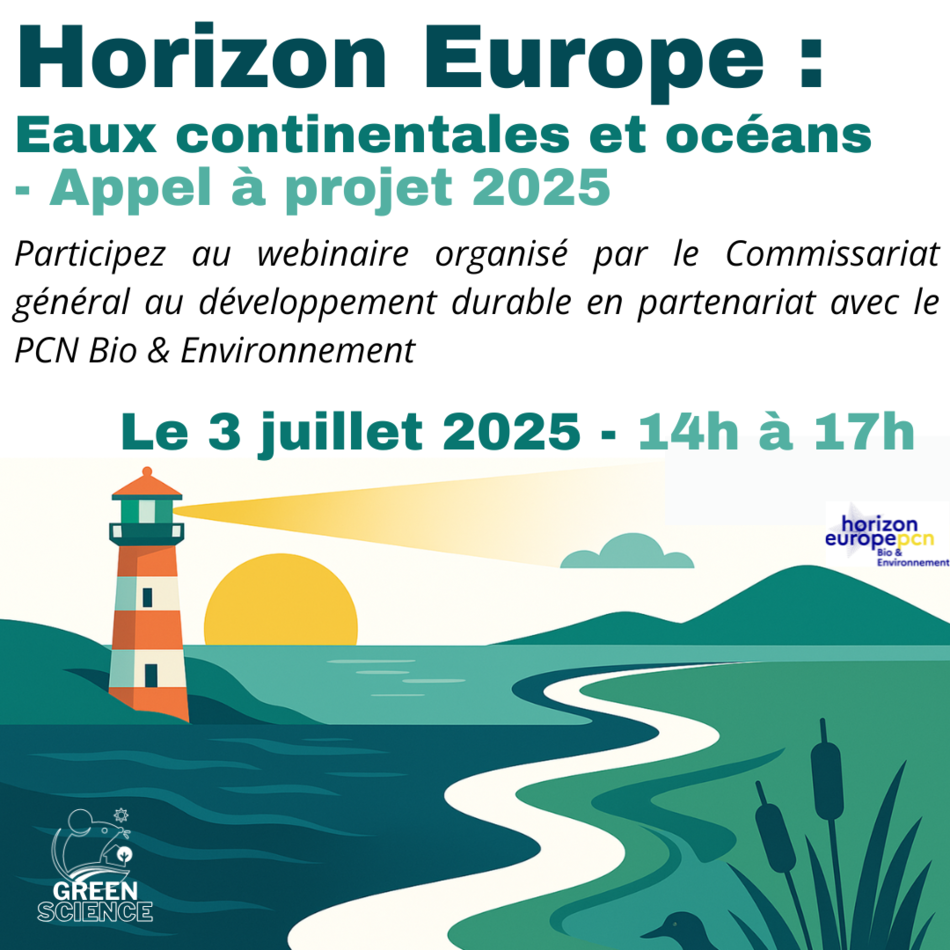Expected Outcome:
Projects’ results are expected to contribute to some or all of the following outcomes:
- Development of a mature technological solution addressing EU security policy priorities in the areas addressed by the Cluster 3 work programme;
- Facilitated access to civil security market for small innovators;
- Improved cooperation between public buyers and small supply market actors for a swifter uptake of innovation in response to short to mid-term needs;
- Stronger partnerships between small and medium EU security industry and technology actors to ensure the sustainability of the EU innovation capacity in the civil security domain and reduce technological dependencies from non-EU suppliers in critical security areas.
Scope:
Europe’s 25 million small and medium enterprises (SMEs) are the backbone of the EU economy. SMEs can bring innovation to societal challenges, including the security of EU citizens. Innovative SMEs and high-tech start-ups can transform and modernise EU security capabilities.
However, despite the innovation capacity of EU SMEs, these often experience difficulties in finding their way to the public markets. These include red tape in public contracts, access to new customers, access to finance, industrial competition and IP valorisation. These difficulties are exacerbated in markets that show restrictions of different kind, as it is the case of security.
Knowing that SMEs require additional support to reach the security buyers and that the collaboration opportunities offered by the projects of the Pillar II of Horizon Europe can be a catalyst for uptake, this topic aims to offer a collaborative environment for small and medium innovators to tailor their innovations to the specific needs of civil security end-users.
Applicants are invited to submit proposals for technology development along with the following principles:
- Focus on mature technological solutions addressing EU security policy priorities in the areas addressed by the Cluster 3 work programme.
- Not overlapping with the scope of the topics included in the other destinations of this work programme.
- Fostering collaboration between SMEs from different Member States and Associated Countries.
- Involving security end-users in the role of validator and potential first-adopter of the proposed innovations.
- Fostering collaboration schemes between small companies and research and technology organisations and/or big industrial players aimed at fostering innovative technology transfer or creating innovative business models that facilitate access to market and strengthen the innovation capacity of EU SMEs and start-ups in the domain of civil security.
Examples of activities to plan in the proposed projects include, but are not limited to: assimilating market requirements; facilitating access to additional funding; approaching potential public buyers; assess competitive landscape; supporting in innovation management (methodological and process innovation, business model innovation, market innovation); assist in IP management and exploitation; provide guidance for expansion to future markets, etc.
The participation of research and technology organisations should not focus on own technology development but on supporting the small industrial players in accelerating the technology transfer of innovative security solutions for their further development and production.
It is encouraged that one SME takes the coordinator role[1]. Exceptions to this requirement should be duly justified.
The projects should have a maximum estimated duration of 2 years.
Under this topic, projects should address the one of the following areas of Fighting Crime and Terrorism (FCT, Option A), Disaster-Resilient Society (DRS, Option B), Resilient Infrastructure (INFRA, Option C) Border Management (BM, Option D). Some examples of domains that could be addressed:.
Option A: Some examples of domains that could be addressed under the FCT area are: (indicative and non-exhaustive): mobile forensics; deepfake detection; detection of counterfeiting (fake items, fake currency bills) or of falsified/forged documents (passports, ID cards); detection and countering of advanced forms of malware, as well as non-cash payment frauds and other cyber-scams.
Option B: Some examples of domains that could be addressed under the DRS area are (indicative and non-exhaustive): data and satellite/remote sensing information exploitation, positioning and localisation tracking and tracing, monitoring and surveillance for disaster prevention.
Option C: some examples of domains that could be addressed under the INFRA area are: (indicative and non-exhaustive): physical access control, autonomous systems used for infrastructure protection, positioning and localisation tracking and tracing, monitoring and surveillance of environments and activities.
Option D: under the BM area are (indicative and non-exhaustive): facilitated border checks; secure documents and identity management for border crossings; border surveillance; detection of drugs, explosives, Chemical, Biological, Radiological and Nuclear (CBRN), weapons and/or other dangerous materials in customs environment; detection of stolen, smuggled, illicit or illegal goods (cigarettes, art, cultural goods, wildlife) in a customs environment
In this topic, projects should address the EU security policy priorities in the areas addressed by the Cluster 3 work programme.
In this topic, the integration of the gender dimension (sex and gender analysis) in research and innovation content should be addressed only if relevant in relation to the objectives of the research effort.
[1] If a MIDCAP is included in the proposal, it could also take the role of coordinator.





